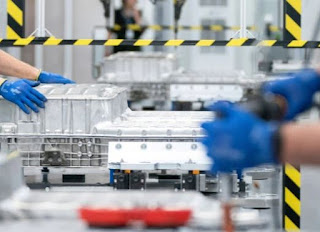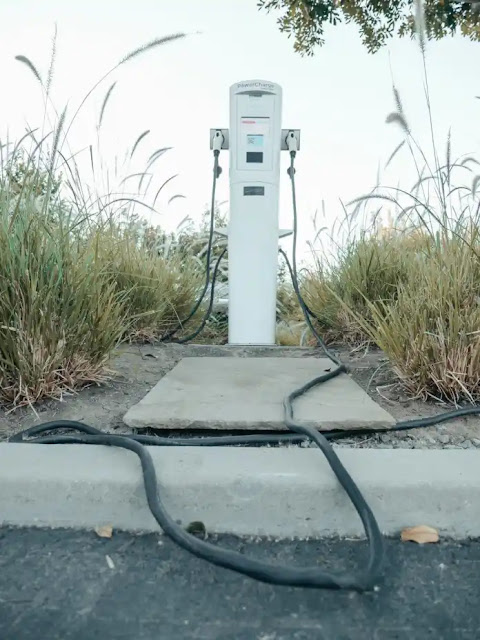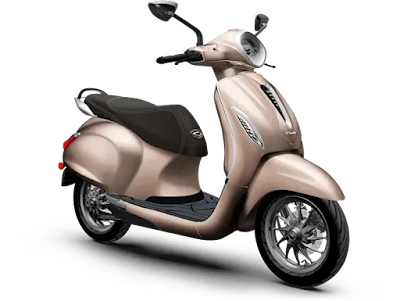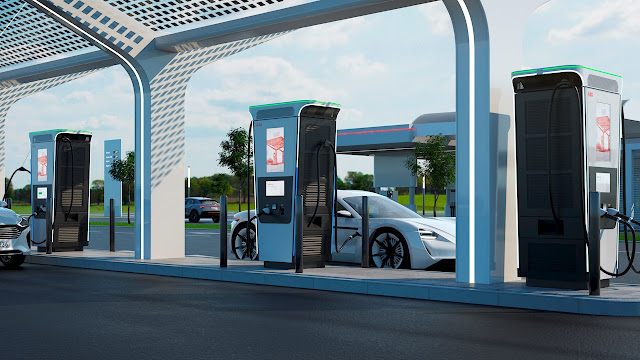Lithium battery business training

Some dramatically different approaches to EV batteries could see progress in 2023, though they will likely take longer to make a commercial impact. One advance to keep an eye on this year is in so-called solid-state batteries. Lithium-ion batteries and related chemistries use a liquid electrolyte that shuttles charge around; solid-state batteries replace this liquid with ceramics or other solid materials. At the same time, concerns about supplies of key battery materials like cobalt and lithium are pushing a search for alternatives to the standard lithium-ion chemistry. In the midst of the soaring demand for EVs and renewable power and an explosion in battery development, one thing is certain: batteries will play a key role in the transition to renewable energy. Here’s what to expect in 2023. The global battery value chain, like others within industrial manufacturing, faces significant environmental, social, and governance (ESG) challenges Environmental: The ex...








